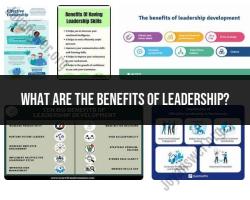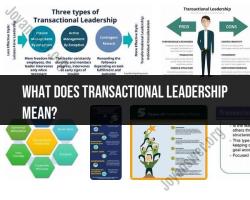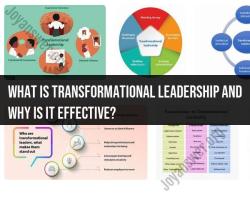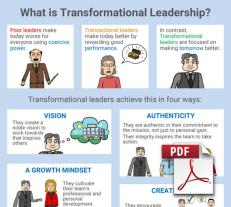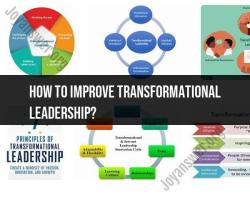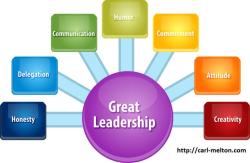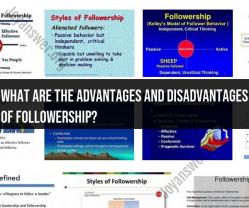Do leaders need emotional intelligence?
Yes, leaders need emotional intelligence (EI) because it plays a crucial role in their effectiveness and success. Emotional intelligence is the ability to recognize, understand, manage, and use emotions in oneself and in others effectively. For leaders, EI is particularly important for several reasons:
Effective Communication: Leaders with high emotional intelligence can communicate more effectively. They can empathize with their team members, understand their needs and concerns, and convey messages in a way that resonates with others.
Relationship Building: EI helps leaders build strong and positive relationships with team members, colleagues, and stakeholders. It fosters trust, respect, and collaboration, which are essential for team cohesion and productivity.
Conflict Resolution: Leaders often encounter conflicts within teams or between individuals. High EI enables leaders to navigate conflicts with empathy, diplomacy, and problem-solving skills, leading to more constructive resolutions.
Empathy: Empathy is a key component of emotional intelligence. Leaders who can put themselves in others' shoes are better at understanding their team's motivations, needs, and concerns, making them more effective at leading and supporting their employees.
Self-Awareness: Leaders who possess self-awareness, a critical aspect of EI, understand their own strengths, weaknesses, and emotional triggers. This self-awareness helps them manage their emotions and reactions effectively, even in high-pressure situations.
Adaptability: In a rapidly changing business environment, adaptability is crucial. Leaders with EI can adapt to change more readily, and they can guide their teams through transitions with resilience and optimism.
Motivation: High EI leaders are often more intrinsically motivated and can inspire and motivate their teams effectively. They have a clear sense of purpose and can convey a compelling vision to their employees.
Decision-Making: EI plays a role in decision-making. Leaders who can consider both the emotional and logical aspects of a decision often make more well-rounded and thoughtful choices.
Employee Well-Being: Leaders with emotional intelligence are more attuned to the well-being of their employees. They can detect signs of stress or burnout and take proactive steps to support and promote a healthy work environment.
Crisis Management: During times of crisis or uncertainty, leaders with high EI can provide stability, reassurance, and a sense of direction. They can navigate challenging situations with composure and empathy.
Ethical Leadership: Ethical leadership is closely tied to EI. Leaders with high EI are more likely to exhibit ethical behavior, transparency, and accountability in their actions, setting a positive example for their teams.
In summary, emotional intelligence is a critical trait for leaders because it enhances their ability to connect with others, make informed decisions, manage conflicts, and inspire their teams. It contributes to effective leadership, fosters a positive work environment, and ultimately drives organizational success. As such, many organizations recognize the importance of EI in their leadership development programs and seek to cultivate this skill in their leaders.


